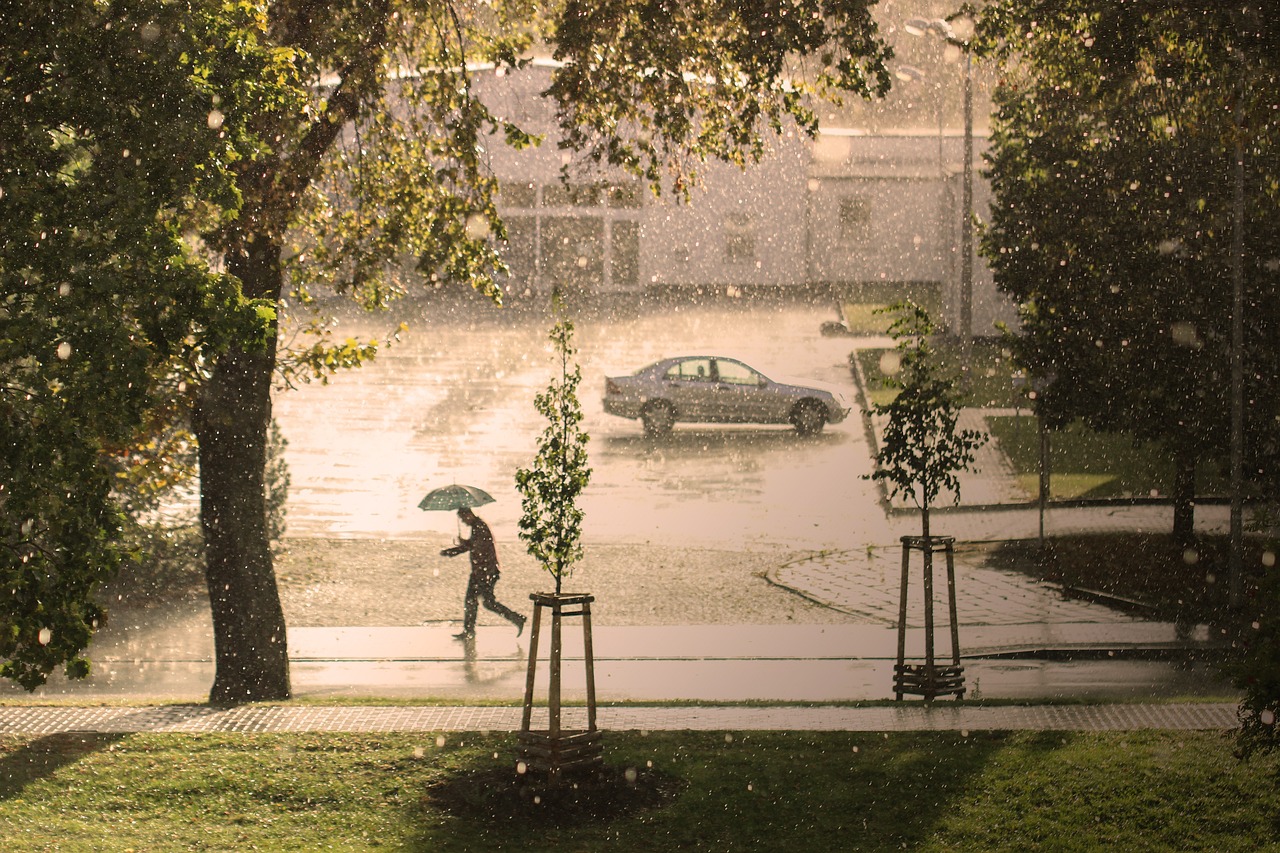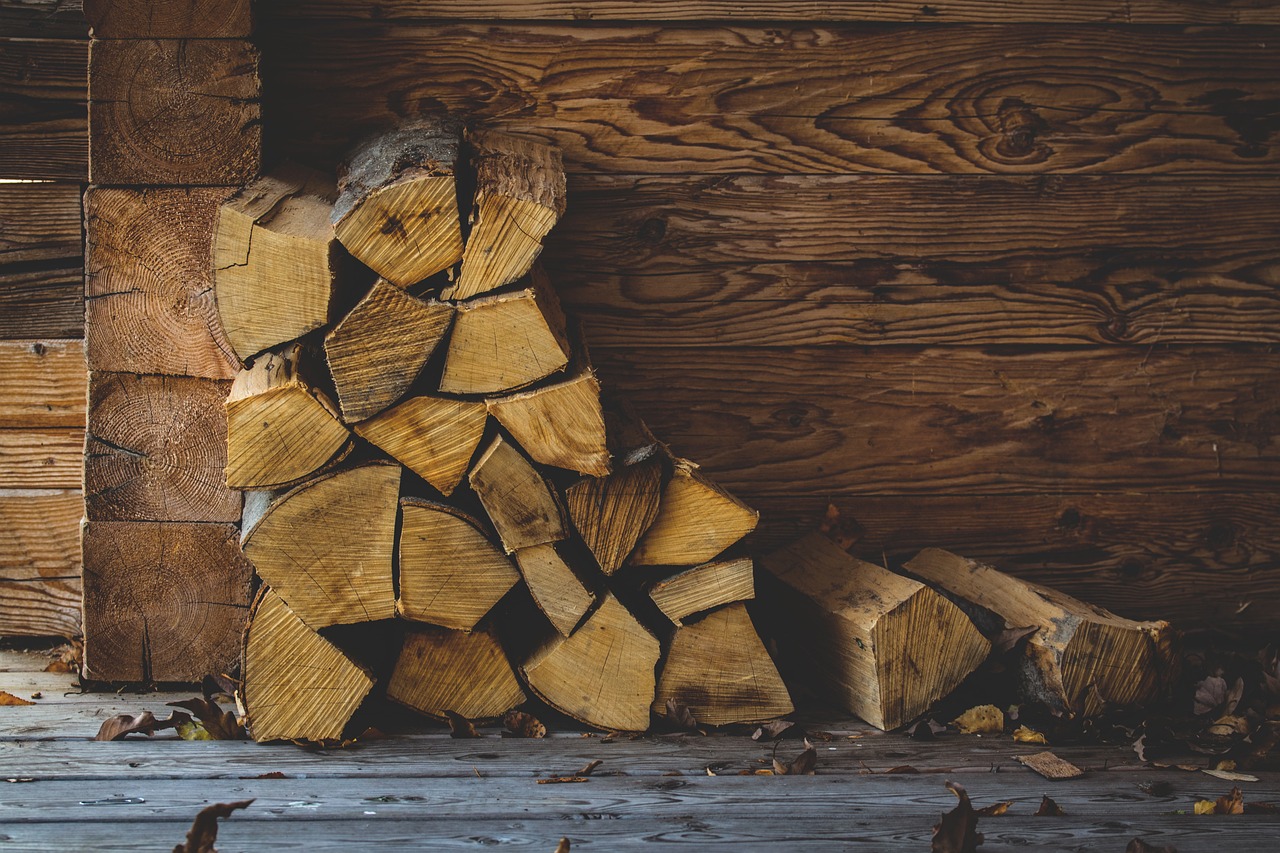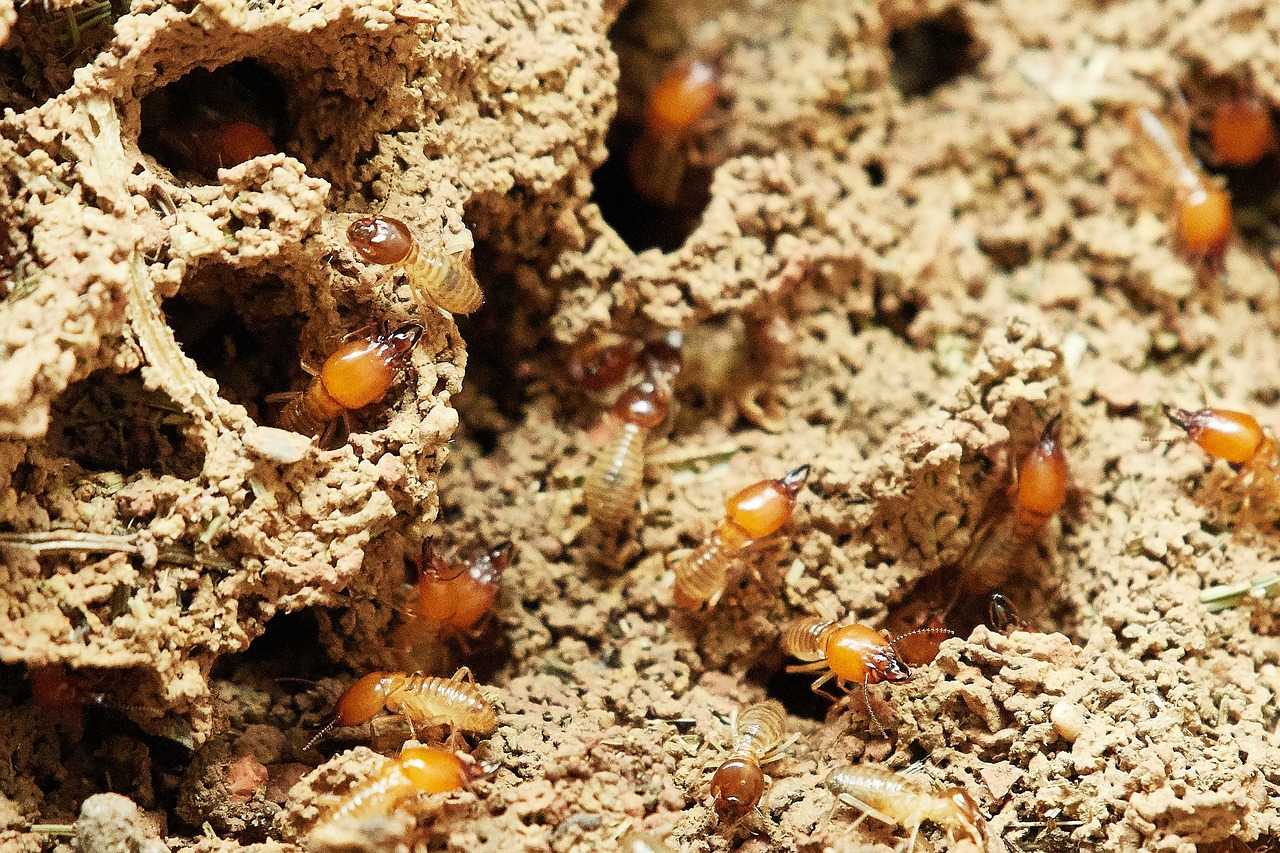What Causes Termite Infestation in a Home?
- Esther M.
- Jul-28-2023
- Pest Control
For the most part, termites are harmless in their natural habitat, but they can cause serious damage to your home, especially if they come into contact with wooden structures; they chew on wood slowly but can do it non-stop. They can be difficult to see as they tend to hide in cracks and dark spaces.
There are certain conditions that encourage termite infestation in a home. Here are some of them:
Local Climate
Unfortunately, you may live in a place that is prone to termite infestation because of the local climate. Even so, termites can be found in most states in the U.S.

Termites tend to thrive in wet and warm regions like the tropics and subtropical regions. They have adapted to temperate areas and flourish effortlessly. To escape the cold winter season, termites can extend their nests deeper, within the soil or wood. Subterranean termites thrive in wet seasons better because they may die in harsher seasons while drywood termites can survive in wet or dry places.
During the rainy seasons, termite-winged reproductives swarm to find mates and new nest sites. They usually discard their wings after watching or finding a mate. These wings are one of the signs of their presence. If you find termites often, then it could depend on the nature of your region’s climate. Termite infestations are less likely to occur in colder climes. Read more from The Pest Informer…
Areas that tend to be hot and mostly wet can easily turn into infestation grounds as termites are attracted to such conditions.
Earth-to-wood contact
Wooden structures are usually prone to termites and thus should be placed away from the soil. If they are in direct contact with the earth, termites can easily chew on the wood and get to other areas of your home.

Even if the soil around your home has been treated by a pest control specialist, wood that serves as a bridge between the ground and your home may create a point of entry for termites. Termites feed on cellulose, an essential component of wood.
Subterranean termites will search out food sources that exist above ground in addition to their more readily available food supplies. Any wood that comes into contact with your home’s exterior may create an opportunity for termites to infiltrate your home’s interior.
To help lessen the odds of granting termites easier access to your home, remove any stumps, vines, mulch, trellises or other exterior wood such as stacked firewood that is in close proximity to your home’s foundation – especially if your home has wooden siding. Read more from Terminix…
Keep your firewood away from the ground as well; place them on concrete instead.
Moisture
Termites prefer moist or humid places, so even in the dry season, you can expect a termite infestation if there are humid areas in your home. This is one reason why plumbing leaks or poor drainage in your home should not be taken lightly.

Even if it’s not the rainy season, there can still be plenty of moisture in and around your home to attract termites. You might have standing water near your home because of poor drainage, or you might have too much moisture in an attic or crawl space because of poor ventilation. You can also have problems with moisture if your septic system backs up or your plumbing fails.
Do what you can to keep your area dry. Clean your gutters. Talk to a landscape specialist about proper drainage in your yard. Get a regular plumbing inspection, and make plumbing repairs as soon as they are needed. Have your crawl space and attic checked, and make any corrections that are needed to the ventilation. Read more from Varsity…
The foundation of your home should be well-ventilated to ensure termites do not invade and cause damage to your home’s foundation.
Termite infestation in your Potomac MD home should be taken seriously, even if it’s the slightest invasion. Call us today at Backyard Bug Patrol; we provide preventative termite control so you never have to worry about an infestation in your home.
